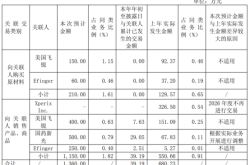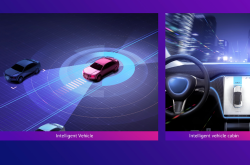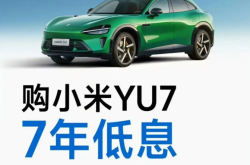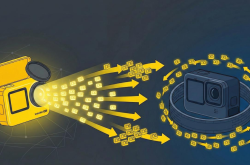Jaguar Land Rover Layoffs: Desperate Measures or Rational Optimization?
![]() 11/05 2024
11/05 2024
![]() 680
680
Recently, rumors of layoffs at Jaguar Land Rover have spread rapidly online, attracting widespread attention from all sectors of society. It is reported that Jaguar Land Rover's Integrated Marketing Services and Aftersales (IMSS) has undergone massive layoffs, with a layoff rate exceeding 50%. Almost all positions above senior manager in the marketing department have been eliminated. This news has stirred up a great deal of controversy.
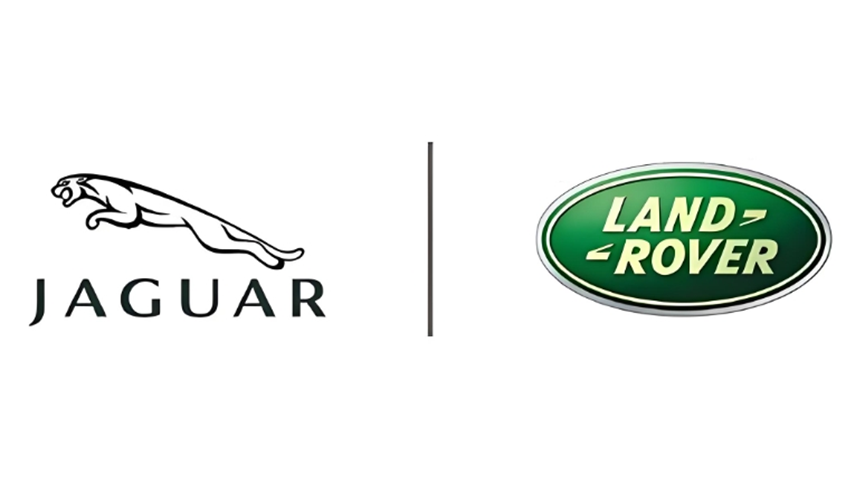
Various media outlets have reported on this matter, and many industry insiders are closely monitoring the movements of Jaguar Land Rover. It is understood that the rumors of layoffs not only involve a large number of job adjustments but also some dramatic details. For example, IMSS has set up a rapid resignation area, where employees receive meeting invitations after work, enter the company the next day to sign contracts, and quickly handle material handover procedures before leaving on the same day. Regardless of whether they sign the contract, once employees enter the negotiation room, they will find that their email and access control are deactivated upon leaving. Such operations have aroused curiosity and doubts about Jaguar Land Rover's adjustments. Jaguar Land Rover China quickly responded to the rumors of layoffs, clearly stating that it is undergoing structural adjustments and personnel optimization, but the rumors of massive layoffs are untrue. Insiders revealed that the layoff rate at IMSS is approximately 20%. This response aims to stabilize market confidence and avoid unnecessary panic. In the current fiercely competitive automobile market, moderate structural adjustments by enterprises are common, but Jaguar Land Rover emphasizes that the rumors of massive layoffs are untrue.
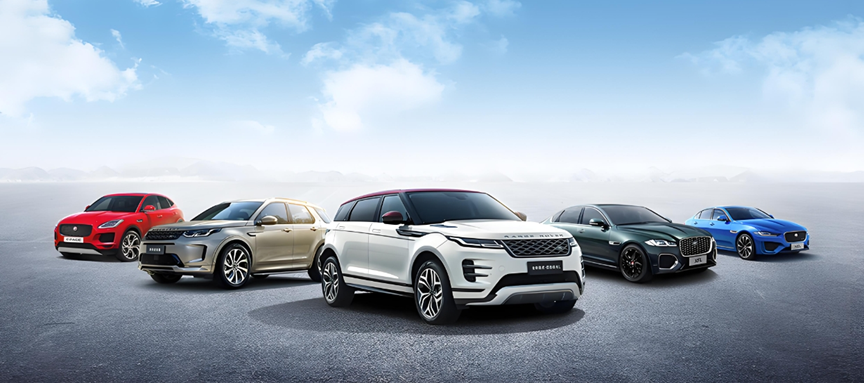
Jaguar Land Rover is an internationally renowned luxury automobile brand with a century-old history. Land Rover is even the official car of the British royal family, and the Range Rover is the dream car of countless people. Jaguar has also been highly sought after by domestic high-end consumer groups. Currently, Jaguar Land Rover has 17 models on sale, with the Range Rover series having the highest sales, exceeding 25,000 units annually. However, only a few models of Jaguar Land Rover are both critically acclaimed and commercially successful. According to the latest data, from January to September this year, Jaguar Land Rover's retail sales in China were only 70,283 units, a year-on-year decrease of 10.5%. This sales decline has put tremendous sales pressure on Jaguar Land Rover. Models such as the Defender and Jaguar F-PACE have attempted to stimulate sales through price reductions, but the effect seems minimal. It is reported that the inventory ratio of Jaguar Land Rover dealers reached 2.55 in July, much higher than the average inventory ratio of high-end luxury and imported brands.
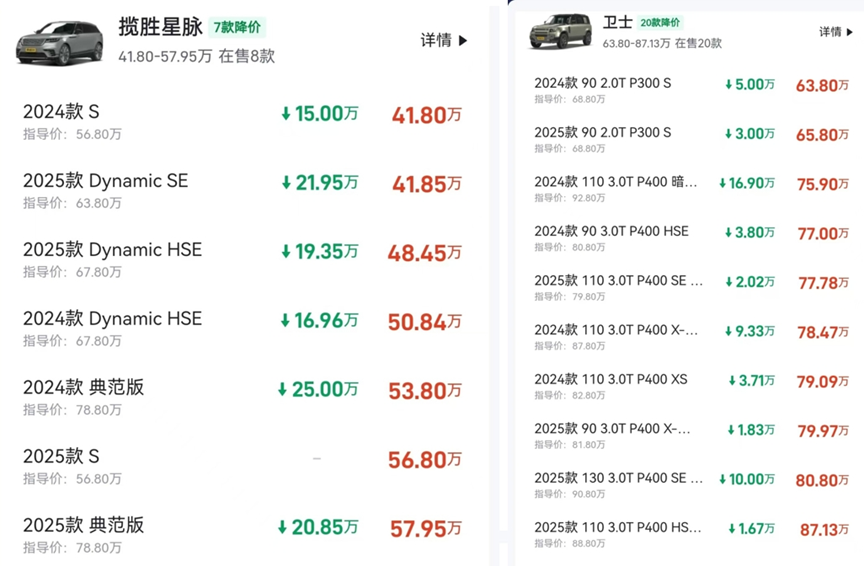
The situation of the highly anticipated joint venture Chery Jaguar Land Rover is also not optimistic. Jaguar Land Rover attempted to reduce product prices and increase sales through the joint venture. However, it has not achieved significant results. After the price drop, sales did not increase significantly as expected, which is understandable upon reflection. Both the Evoque and Discovery Sport are SUVs produced on conventional platforms and do not possess the "rugged Land Rover aura." After being imitated by domestic brands, sales have become even worse.
Although Jaguar brand sedans are rear-wheel drive, BMW and Mercedes-Benz models of the same class are just as good. In the face of homogeneous competition, it is the brand that matters, and Jaguar does not have an advantage in this regard. The double decline in sales and terminal prices has put tremendous pressure on this joint venture. For example, the actual market price of the Jaguar XFL has dropped to the 200,000 yuan level, while its guidance price is as high as 399,900-487,900 yuan. Models such as the Range Rover Evoque have also experienced varying degrees of price reductions, with shocking discounts. Undoubtedly, this price competition will only put greater inventory and profit pressure on dealers in the end.
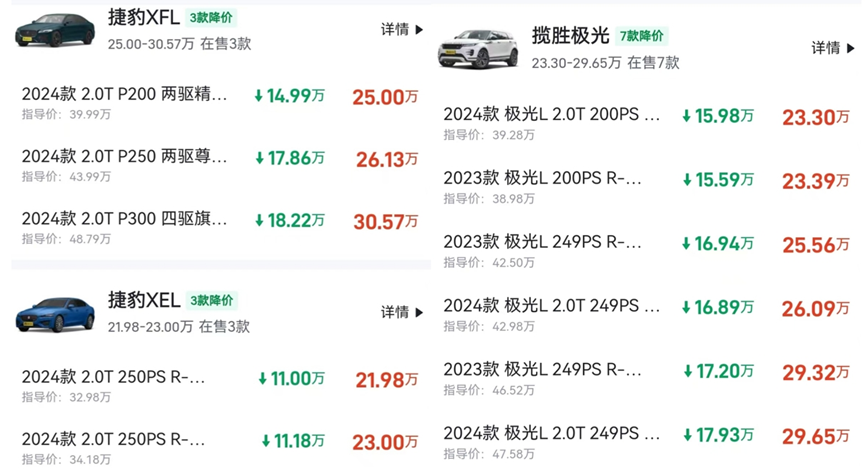
The current Chinese automobile market is undergoing unprecedented changes, with fiercely competitive conditions. On the one hand, the rise of new energy vehicles has had a strong impact on traditional gasoline vehicle brands. A new energy vehicle retail penetration rate exceeding 50% is a figure that no brand can ignore. However, Jaguar Land Rover has lagged behind in the field of new energy and lacks competitive pure electric models. On the other hand, the rise of Chinese independent brands has also posed a considerable challenge to Jaguar Land Rover. Jaguar Land Rover's high-end products, such as the Range Rover and Defender, are facing competition from domestic luxury models like the AITO M9, BYD Atto 3, and LIXIANG ONE. Faced with these difficulties, Jaguar Land Rover should accelerate its electrification and intelligent transformation to adapt to the rapid changes in the Chinese automobile industry and regain its market share. In this era of fierce price competition, how to meet consumer demand while ensuring profits has become a question that every automobile manufacturer, including Jaguar Land Rover, needs to consider.
(Images sourced from the internet. Please delete if infringing upon copyright.)

